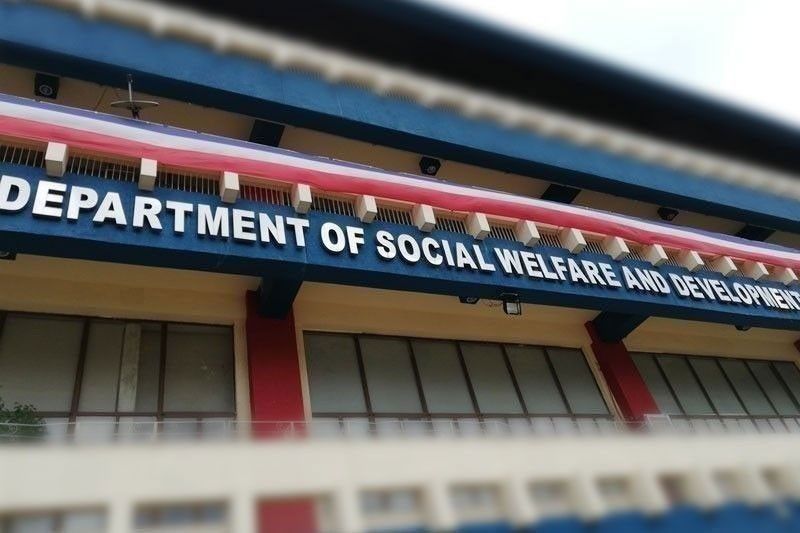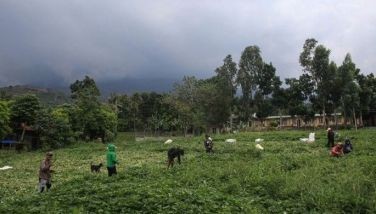DSWD: Livelihood program helped 37,000 former rebels

MANILA, Philippines — At least 37,000 rebel returnees ranging from communists to Muslim separatists in Mindanao as well as Abu Sayyaf bandits have benefitted from the government’s livelihood programs.
Topping the list, according to Undersecretary Alan Tanjusay of the Department of Social Welfare and Development, is the Moro Islamic Liberation Front (MILF), with 26,000 of its combatants deciding to return to the fold of the law.
The New People’s Army – armed wing of the Communist Party of the Philippines – ranked second with 8,000; Moro National Liberation Front (MNLF) with about 2,000 fighters and up to 1,000 Abu Sayyaf.
“They’re willing to lay down their arms and go back to the fold of the government for as long as the government is there to help them rise from extreme poverty. They’re more than willing to do that,” Tanjusay told journalists in a regular weekly forum.
Tanjusay, whose office covers inclusive sustainable peace and special concerns, said the amount of sustainable livelihood program they provided to rebel returnees ranges from P100,000 to P300,000 for a group of 25 combatants.
He said these former rebels and bandits have established a community for themselves, where some engaged in selling used clothing (ukay-ukay), fruits and vegetables in the market.
Others bought tricycles, which they use in transporting fish from the port to sell in their villages.
“About 78 percent of them are making progress in their livelihood businesses,” Tanjusay said of the agency’s “normalization program.
Tanjusay’s team cited the Kapatiran, a breakaway faction of the NPA, which now have its own community of about 700 people in Ibajay, Aklan.
The government found out that nearly 90 percent of the combatants were compelled to join the revolutionary and rebel groups due to poverty, he said.
1,000 ex-rebel families receive housing units
At least 1,000 families of former rebels have benefitted from the social housing project of the DSWD, in coordination with other agencies that want to give them a chance to return to society.
“The Army is in-charge of the construction of the houses, while the Department of Public Works and Highways connects the community to major road.
The local government provides multipurpose covered courts while the DSWD gives these former combatants a source of livelihood,” Tanjusay explained.
The project dubbed Pamana, which stands for PAyapa at MAsaganang PamayaNAn, has been offered to former communist and Muslim rebels such as the MILF and MNLF as well as the Abu Sayyaf.
The housing units have been built for around 1,000 rebel returnees since 2017.
Aside from free houses, former rebels received livelihood programs starting with P300,000 a year, which may be extended to two more years or a total of P600,000, if the businesses that they put up thrive.
- Latest
- Trending





























